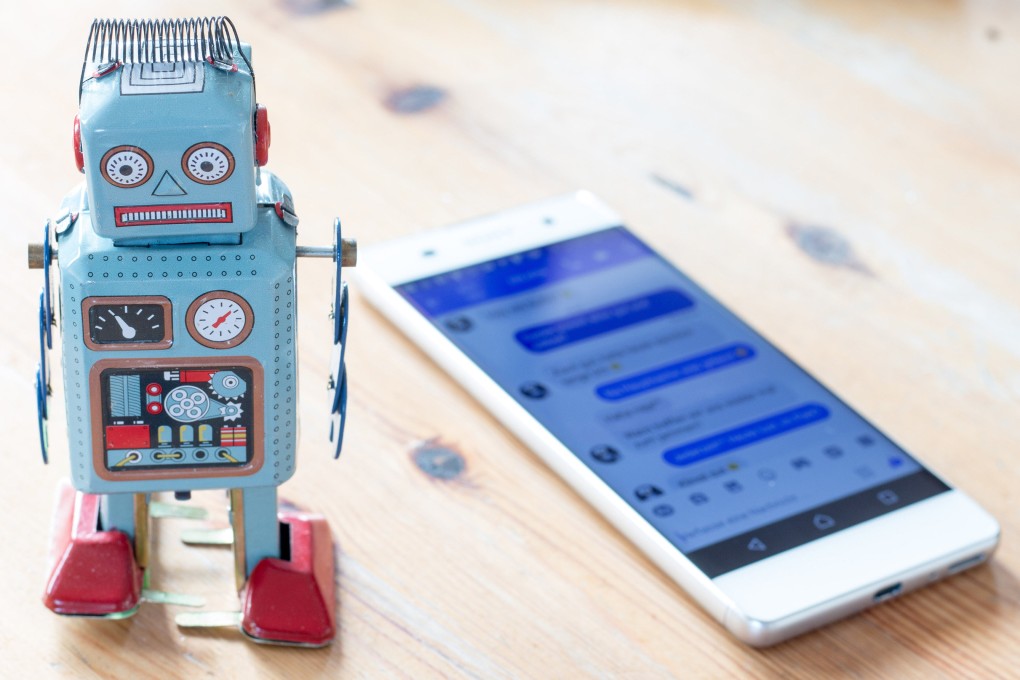Advertisement
Opinion | ChatGPT killed the classroom star: AI’s rise means it’s time to rethink teaching and testing
- Considering the implications of AI that can write at near-human levels, the role of teachers and assessments in schools needs to shift
- Teachers should see themselves as facilitators who guide and support students through the learning process, rather than a single source of knowledge
Reading Time:4 minutes
Why you can trust SCMP

The teacher is dead. Resistance is futile. If you don’t know about OpenAI’s ChatGPT, you should.
Launched in November 2022, ChatGPT is a prototype chatbot built on OpenAI’s GPT-3 language model. In short, it is an artificial intelligence (AI) trained on a large data set and human-defined guidelines and principles to respond to questions and requests.
The concept of an AI chatbot is not new. What sets ChatGPT apart is its exceptional performance and potential to disrupt education. Since its launch, there has been a plethora of online discussion from education professionals sharing examples and opinions about how students will use ChatGPT to cheat on assessments, such as writing essays or coding programs, and how AI could soon replace the teacher.
Advertisement
All of this has people worried. Numerous arguments are emerging for banning the technology in schools or returning to face-to-face, proctored exams. For example, the New York City Department of Education banned access to ChatGPT over the possibility students will use it to cheat. Australian universities have decided to return to pen-and-paper exams because of it.
ChatGPT is not accessible in Hong Kong without a virtual private network (VPN), but its impact is already felt. It would be naive to think Hong Kong students have not heard of the tool and used it to “assist” with their homework.
Advertisement
It would be wise for Hong Kong school administrators, teachers and parents to think carefully about how to respond to the rapid advancements and accessibility of AI tools and their increasing capability to complete complex tasks. It would be wiser to not mimic the responses in New York or Australia.
Advertisement
Select Voice
Choose your listening speed
Get through articles 2x faster
1.25x
250 WPM
Slow
Average
Fast
1.25x
